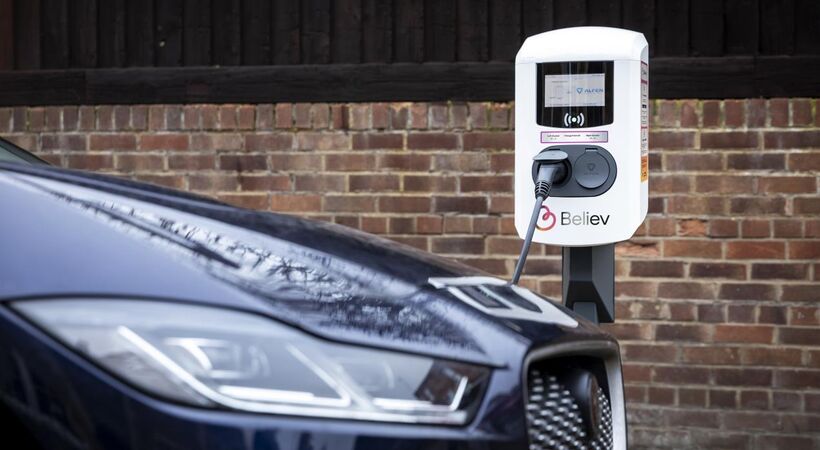A recent poll of council representatives taken by Charge Point Operator (CPO) Believ, suggests that more than nine out of 10 (91%) local authorities do not yet have an EV charging infrastructure strategy in place, adding to growing concerns that the rollout is falling well behind the Government’s ambition to deliver 300,000 charge points by 2030.
In terms of the biggest challenges facing those tasked with developing a new EV infrastructure strategy, time was cited as the biggest barrier (63%), followed by lack of funding (40%) and then councillor pushback, though the numbers were small (6%). Almost all (98%) expected it would take more than 12 months to roll out an EV charging infrastructure across their local authority.
The poll, taken during a recent webinar facilitated by Public Sector Executive, reflects the nationwide survey conducted by Believ in 2022 that found that only 14% of local authorities in the UK have dedicated resource for implementing new EV infrastructure. It also found that a lack of funding and guidance from central Government means local authorities can only allocate 15 hours per week to EV projects.
The poll comes in the context of new figures from the Society of Motor Manufacturers and Traders (SMMT) and published in The Times that show that in some areas of the UK there are up to 85 EVs competing for a single charge point, and pressure is mounting for local authorities to prioritise the switch to electric.
Perran Moon, Interim CEO at Believ, says that recent findings are reflective of the situation on the ground and a lack of urgency in the roll out of vital EV infrastructure: “Our findings suggest that there is still clearly a hesitancy due to lack of time and lack funding by local authorities to begin the process of rolling out charge point infrastructure. And crucially, local authority’s need the support, expertise, and guidance from charge point operators.”

